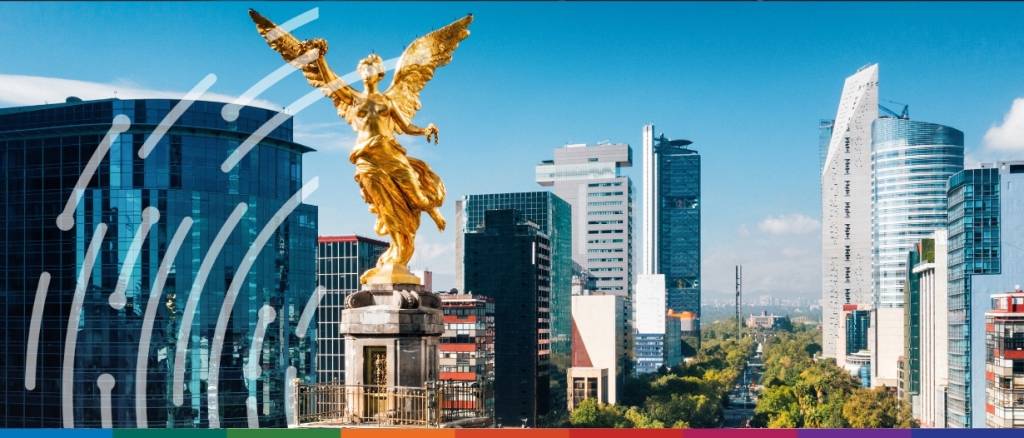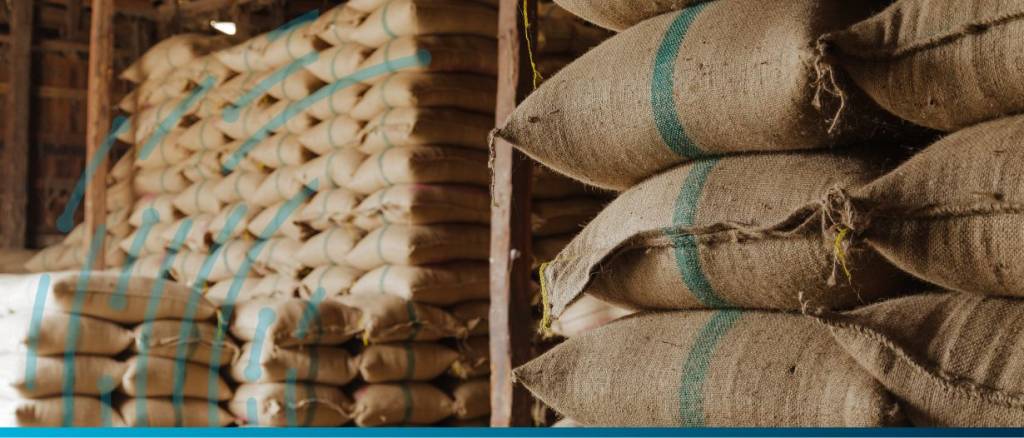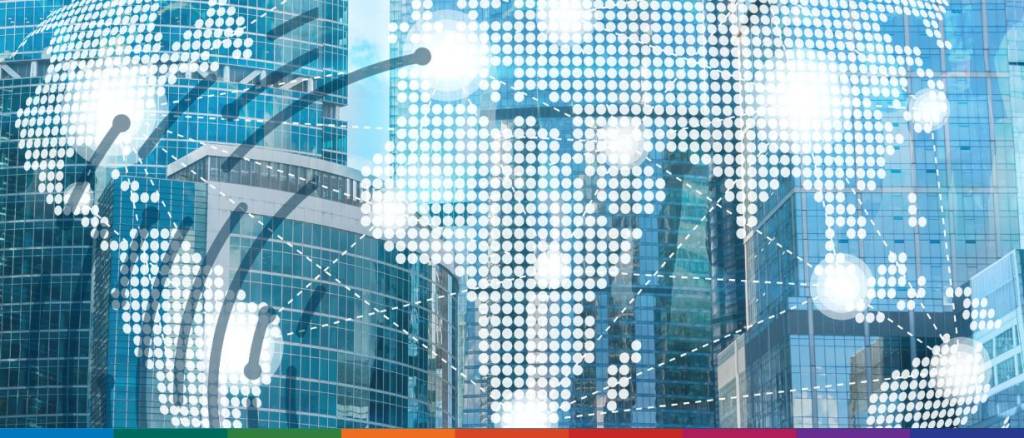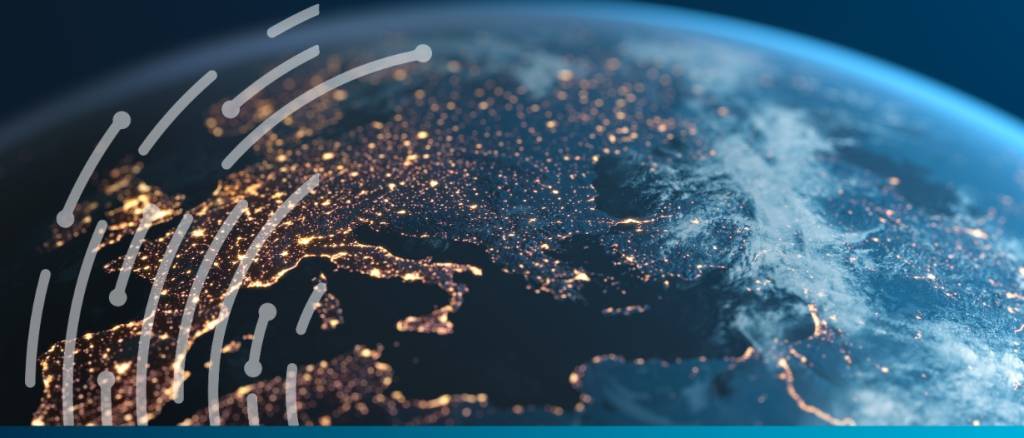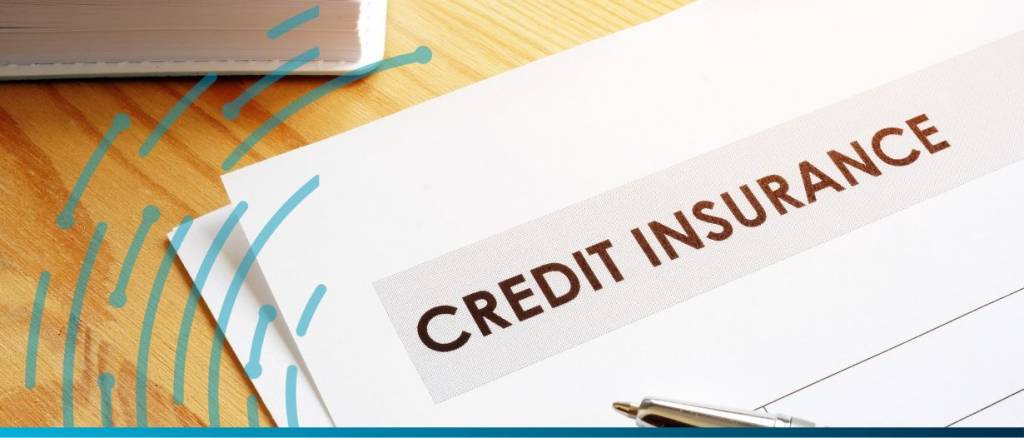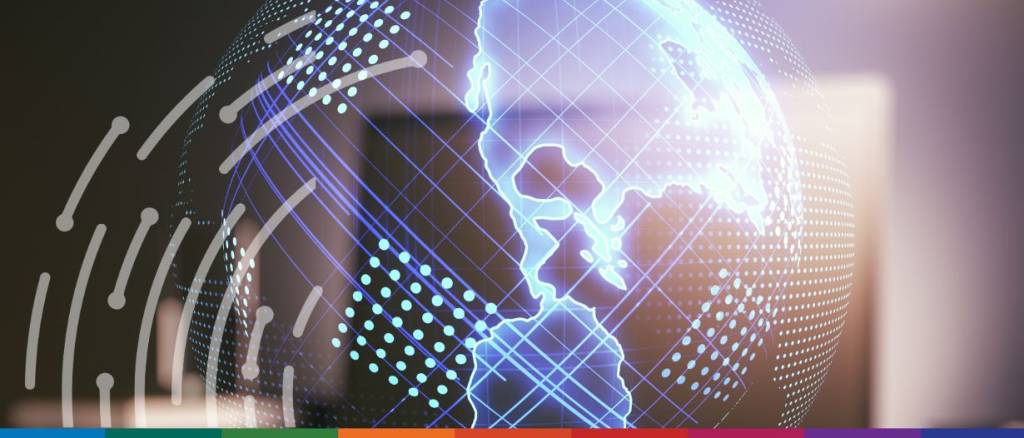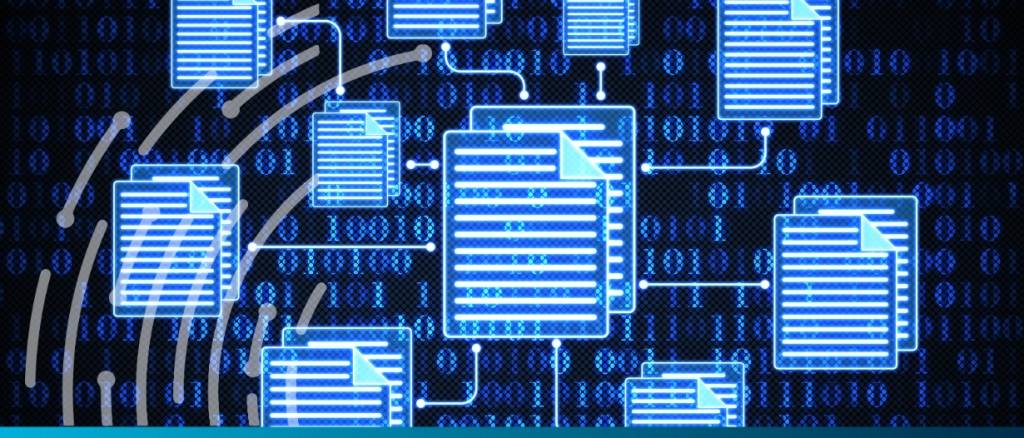In light of Canada’s Prime Minister Trudeau resigning as his party’s leader in early January, and with Mexico’s President Sheinbaum only holding office since October, Donald Trump may be facing an entirely new set of neighbours upon taking office at the end of the Month.
The European Union is on track to introduce tariffs on grain imports from Russia and Belarus as a measure to support its farmers and address the concerns of certain member states, according to officials with knowledge of the discussions who spoke on Tuesday.
Learn about SBLCs: an irrevocable, independent financial security instrument to protect your investments and liabilities.
In October, the eurozone shifted from a trade deficit to a surplus, according to the latest non-adjusted figures released on Friday. This change was largely due to a decrease in the value of energy imports compared to the previous year.
2022 insurance highlights Trade credit insurance has been pivotal in risk management for businesses, notably in mitigating the risk of unpaid invoices, a major concern affecting business continuity. A closer… read more →
The ICC’s Trade Finance Register has been released, reporting a small increase in default rates across documentary trade and open account products, whilst highlighting still, the low-risk nature of the asset class.
Today, the OECD released their International Trade Statistics report for Q2 2023. The report offers an insight into the global trade landscape, highlighting significant shifts and trends. With a decline in G20 merchandise trade and a marked slowdown in services trade, the report paints a complex picture of international commerce.
India’s edible oil imports in July rose to a record 1.76 million metric tonnes as refiners built up stocks for upcoming festivals, given uncertainty over supplies from the Black Sea,… read more →
The Electronic Trade Documents Bill has today received Royal Assent, and is officially an act of law (the Electronic Trade Documents Act), promising to transform the way international trade is conducted electronically.
The UK announced on Tuesday its plan to engage in discussions with Turkey to update their existing bilateral free trade agreement. The goal is to expand the scope of the… read more →















